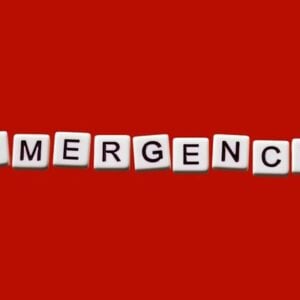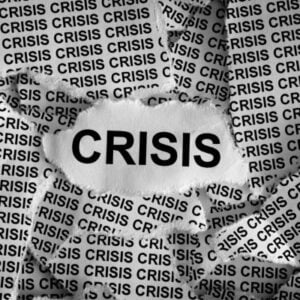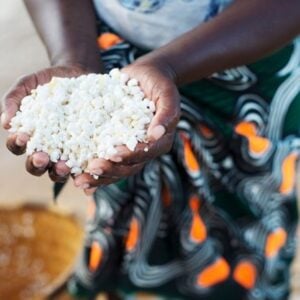The latest analysis by the Integrated Food Security Phase Classification (IPC), a UN-backed index tracking hunger and malnutrition in crisis-affected regions, indicates that 5.7 million people in Haiti are facing worsening food insecurity. The study covers the period from September 2025 to February 2026, with projections extending to March through June 2026, highlighting a deteriorating food security situation across the country.
Of those affected, 1.9 million people—about 17 percent of the population—are experiencing emergency levels of acute food insecurity, characterized by severe food gaps, high rates of malnutrition, and elevated mortality risks. An additional 3.8 million people, or 34 percent of the population, are facing crisis-level food insecurity, meaning they may be forced to deplete essential livelihood assets just to meet basic nutritional needs.
The IPC projects that conditions will worsen during the lean season from March to June 2026, when food availability is typically low and prices rise. Over half of Haiti’s population—54 percent—is expected to face high levels of acute food insecurity during this period. The crisis is exacerbated by the growing control of territory by armed groups and a declining economy, which have triggered mass displacement, disrupted livelihoods, and forced households to abandon farming or small businesses. Farmers in conflict-affected areas are often compelled to negotiate access to land and share their harvests, while many families have lost their primary sources of income due to business closures.
Humanitarian conditions in affected areas are dire, with overcrowding, poor sanitation, and limited access to safe water, food, and healthcare. These conditions increase vulnerability to sexual violence, disease outbreaks such as cholera, and psychological distress among displaced populations.
To address the crisis, the IPC calls for urgent emergency interventions to prevent the most vulnerable households from resorting to harmful coping strategies. The agency also recommends expanding existing social protection programs and scaling up humanitarian assistance to mitigate the worsening food insecurity and protect the lives and livelihoods of millions of Haitians.







